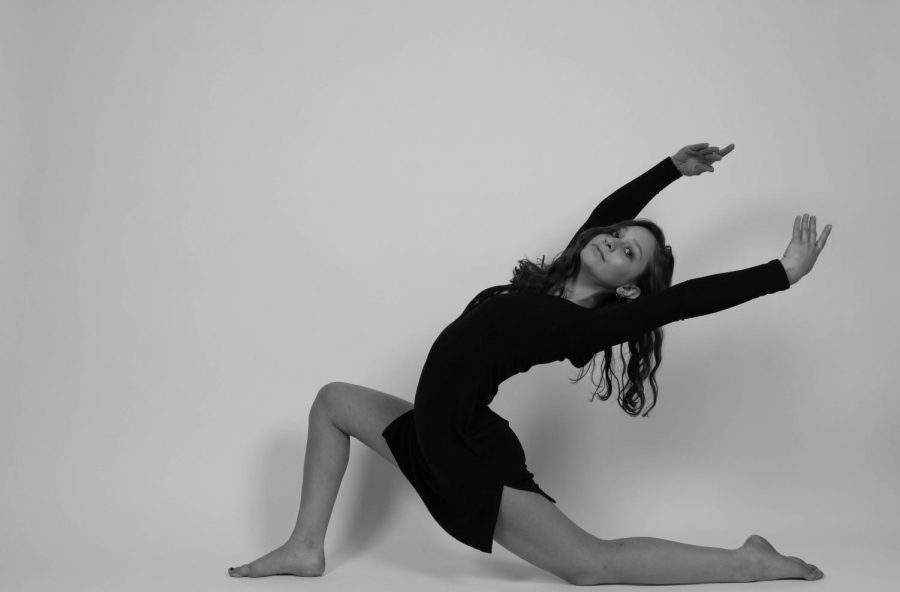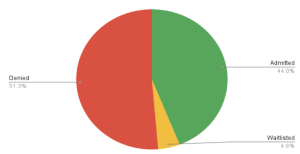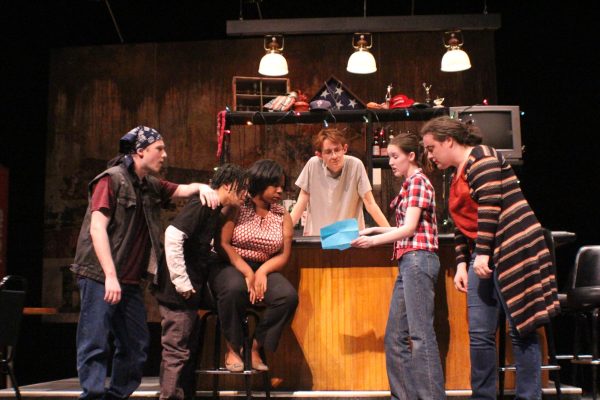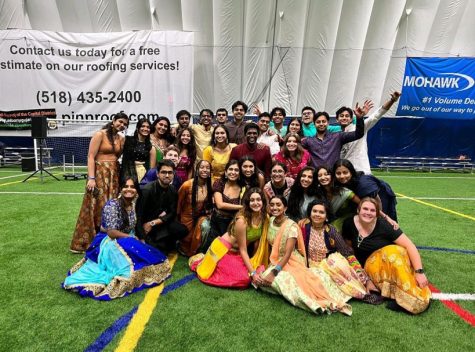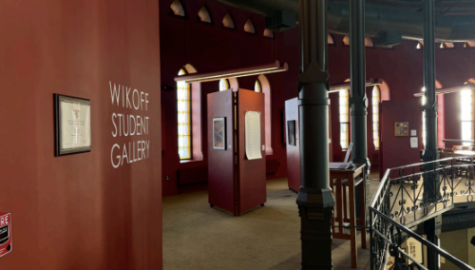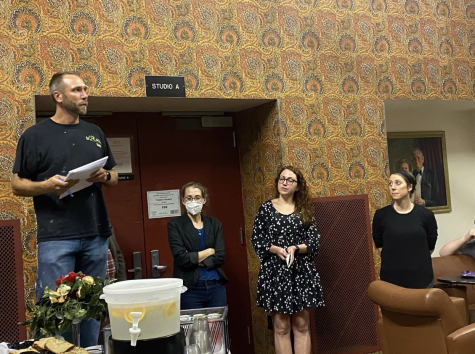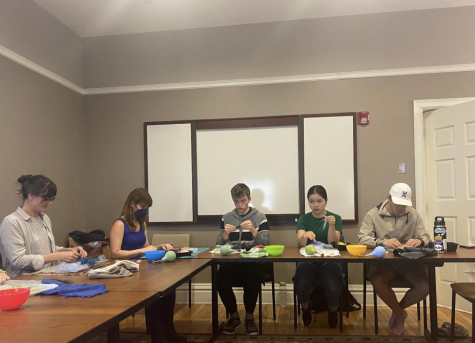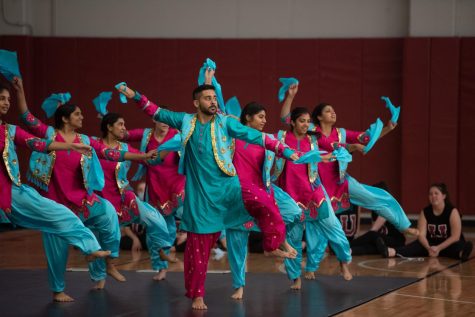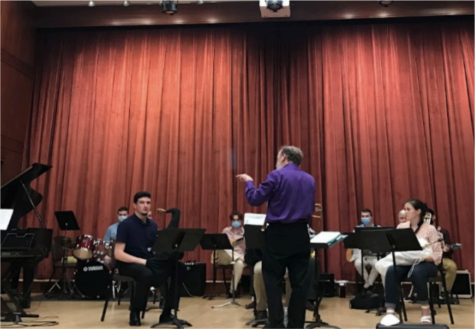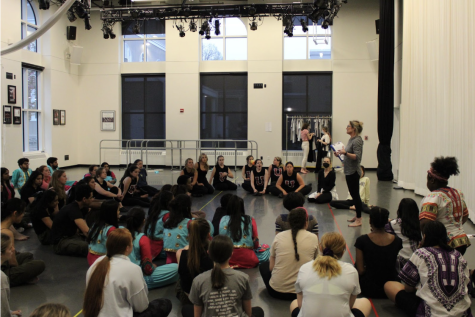Thomas J. Watson Fellow Danielle Pinney Discusses Storytelling in Traditional Dance
Danielle Pinney ’20
May 6, 2020
The exclusive Thomas J. Watson Fellowship is awarded each year with the intention to support promising young artists, scholars, and leaders. Danielle Pinney (‘20) is a dancer, writer, aerial artist, and choreographer. Pinney has been selected from over 40 universities to continue her interdisciplinary training. Environmental studies major Cameron Bechtold (‘20) has also been selected as a Watson Fellow. Pinney will travel the globe to follow her passions in movement, writing, journalism, and narrative creation.
ML: What inspired you to apply for the Watson fellowship?
DP: I first heard about the Watson Fellowship when I was an underclassman at Union. Immediately, I was intrigued. The prospect of taking a gap year after college had always interested me, but this fellowship would allow me the opportunity to propose a project that was personally significant. Unlike most other fellowships, each Watson project is specifically designed by the applicant. That’s what made the Watson Fellowship stand apart from the rest.
ML: What will you be doing as a fellow? What do you plan to study?
DP: As a Watson Fellow, I intend to travel to Japan, Indonesia, India, Brazil, and South Africa. I will learn traditional dance forms and investigate the connection between storytelling and dance. I am particularly interested in how movement is rooted in community culture and the varying ways in which dance acts as a mode of storytelling for individuals, but also groups.
ML: Who do you plan to study with?
DP: In each country, I have sought out dance studios and instructors that I believe will best help me learn each specific style of dance. In each location, I hope to do the majority of my training with a single instructor, while simultaneously investigating other well-known, traditional dance styles in that country.
ML: Could you briefly share your experiences training as a dancer and aerial artist?
DP: I started dancing when I was in 7th grade. All throughout high school, I trained as a competitive dancer at a studio near my house. Throughout college, I’ve been fortunate enough to pursue a Dance Minor, taking practicums every trimester and participating in various dance showcases like FallU, the Winter Dance Concert, and Steinmetz. I’m also co-captain of the Dance Team. Since being awarded the Edward Villella Fellowship in the spring of my Sophomore year, I have engaged in a study of aerial dance forms like aerial silks and lyra.
ML: Will you be combining your work in the literary arts with your dance training?
DP: Throughout my year abroad, I intend to keep a journal of my experiences, to write what I see and feel through dance. While I do not entirely intend to translate dance to paper, I do hope to understand more about the storytelling component of dance through writing.
ML: How do you hope to grow as an artist during your time as a fellow?
DP: Each of the countries that I have chosen are home to dance styles and cultures entirely unknown to me. That’s what I find most exciting about this project. Being on my own in an unfamiliar setting will surely allow me to grow as an individual, while the dance training I receive will expand my artistic experiences and capacities.
ML: What do you believe are the most important values, skills, or routines for aspiring artists?
DP: I think finding what speaks to you and spending time with that passion, whether it be writing short stories or writing poems, is essential. If the drive isn’t there to get the work done, it’s difficult to produce something you like.
ML: What advice would you give to young artists like yourself?
DP: Take pride in whatever art form most intrigues you and keep with it if it still makes you feel at home. Produce art that feels natural to you.
ML: Of all of your pieces of choreography, collaborative dance pieces, and experiences as a Villella fellow, poetry, or other forms of creation, what has been your favorite piece of work?
DP: To me, I do my best work in the studio, when I am alone and improvising. Dance is such an intimate, expressive art form, that I think the most authentic, exciting work is the choreography you didn’t plan out or expect. I like that it feels natural, easy, raw.

